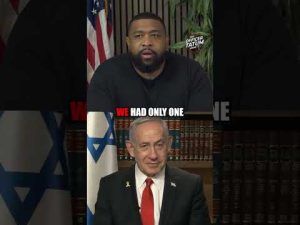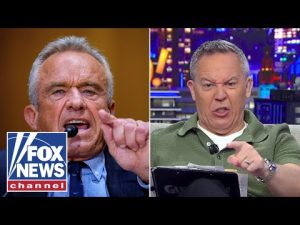In a bold and unmistakable gesture, Senator Marco Rubio found himself in Ecuador, not for an exotic summer vacation, but to tackle the ever-growing menace of narco-terrorism. With flair and vigor more reminiscent of a summer blockbuster, he designated two notorious gangs as foreign terrorist organizations, laying down a gauntlet to the drug cartels running amok in Latin America. Meanwhile, Uncle Sam wasn’t just twiddling its thumbs back home – the U.S. had already made waves by taking out a vessel carrying members of the Tren de Aragua gang in international waters near Venezuela. The message was clear: if you’re caught shipping drugs to the U.S., you better be ready to swim.
Our narrative takes a fascinating turn as Jack Keane, a seasoned strategic analyst, brings some fireworks of his own. Pointing to a new U.S. naval task force operating in the Caribbean with all the subtlety of a fireworks show on the Fourth of July, Keane commends the administration for its unprecedented efforts. The plot thickens around Venezuela, a country that somehow manages to blend narco-trafficking and geopolitical intrigue into a single, volatile cocktail. With drug routes diverging through land, air, and sea, the challenge is less about finding a needle in a haystack and more about digging through a minefield.
Of course, the narco drama isn’t complete without a classic bad guy: in this case, the head honcho of the Venezuelan regime. The operation sends a loud and clear message that America won’t stand idly by as illegal drugs wreak havoc on its shores. But as Keane stresses, capturing these criminals is only part of the solution. America needs an internal reevaluation, calling for families, schools, and communities to steer the youth away from the perilous path of drug use.
Back on the international stage, the Venezuelan leader, with more bluster than a windy day in Chicago, claims these actions are about regime change – conjuring up visions of a domino effect that ousts communism from the Americas. Echoing shades of vintage Cold War rhetoric, the U.S. is framed as the enduring liberator, with Venezuela conveniently starring as the bad guy alongside its allies China, Russia, and Iran.
As the curtain falls on this dramatic episode, the stakes couldn’t be higher. The U.S. government has put a bounty on the Venezuelan leader’s head that would make a wild-west outlaw jealous. While the effectiveness of these high-stakes maneuvers remains to be fully seen, it’s clear that the administration is playing a long-term game. The showdown is less a flash in the pan and more a determined, ongoing saga as America attempts to root out those who dare imperil the safety of its citizens. Let’s hope for an encore that’s as decisive as it is impactful – without the plot twists that only Hollywood could dream up.







